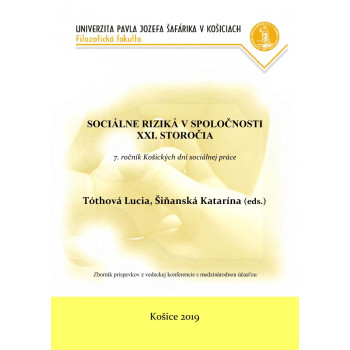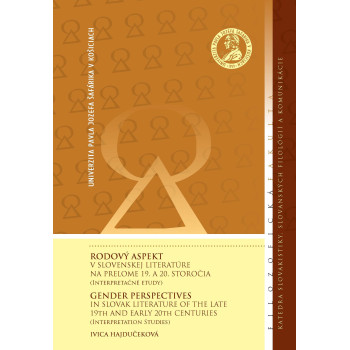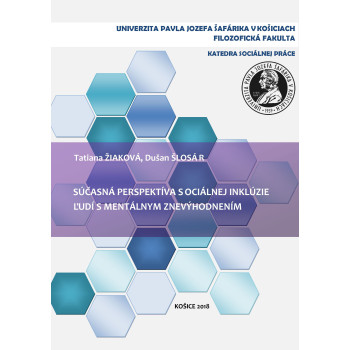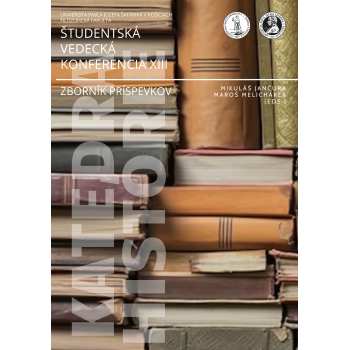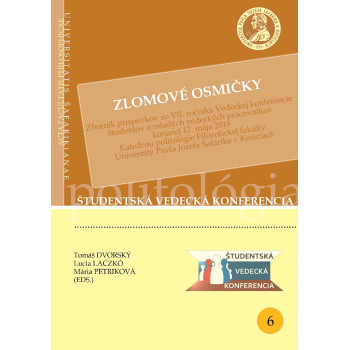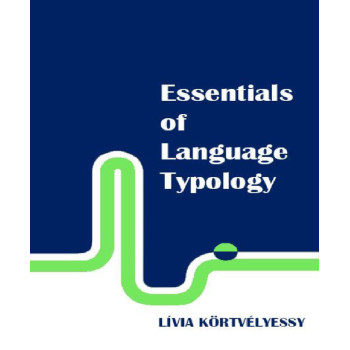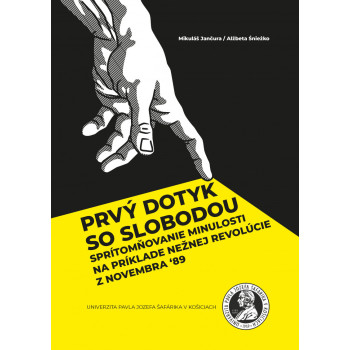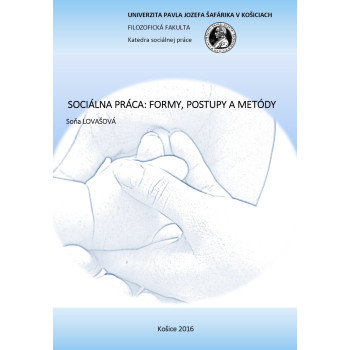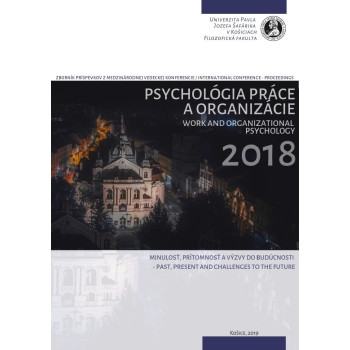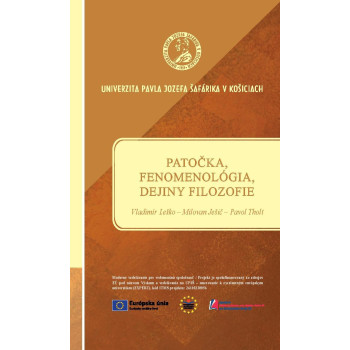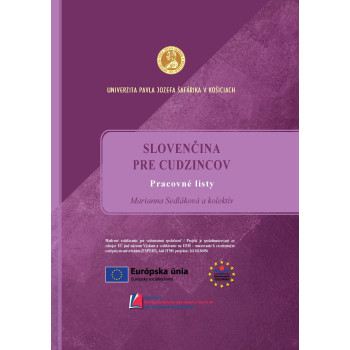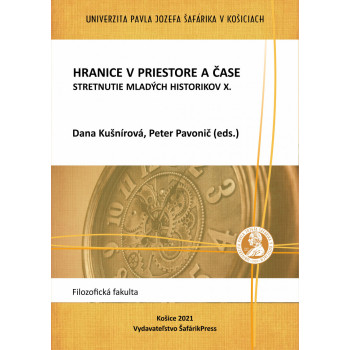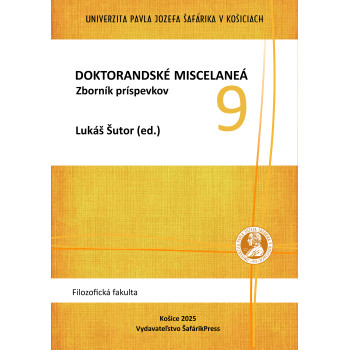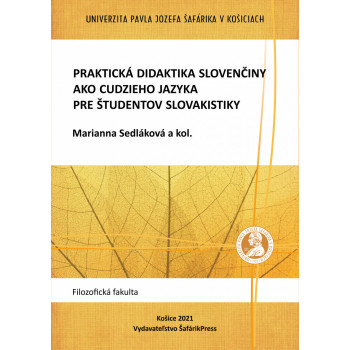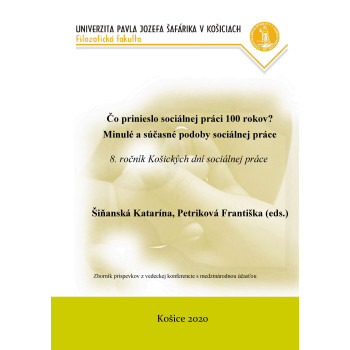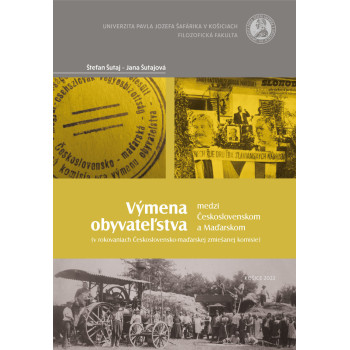
Sociálne riziká v spoločnosti XXI. storočia
E-book
Lucia Tóthová - Katarína Šiňanská (eds.)
Proceedings of the scientific conference with international participation held on November 30, 2018, in Košice
Current social work addresses the serious development problems of society such as poverty, unemployment, chronic diseases, socially vulnerable groups and others. We must not forget that enough attention must be paid to the discovery of causes and a detailed analysis of these problems. The thing is that social problems have been around for a long time, they just changed their shape, old forms of social risks were replaced by the new ones that need to be explored and analyzed in order to be able to perform measures and remove the causes of social risks of the 21st century. Proceedings of the scientific conference with international participation entitled Social Risks in the Society of the XXI. Century is therefore devoted to various perspectives related to social risks of modern society in the variety of contributions, indicating the broad-spectrum not only of the proceedings, but also the social work itself.



